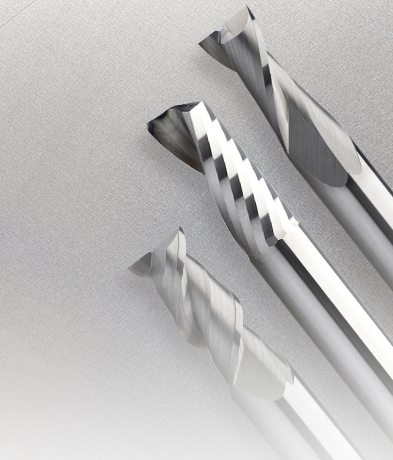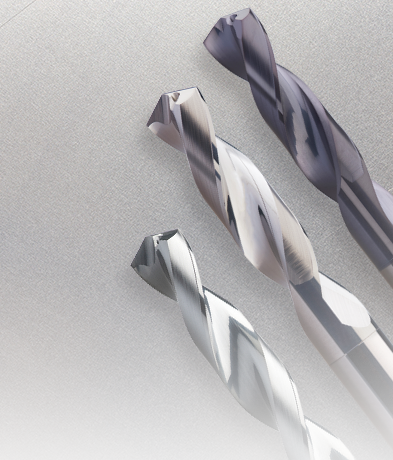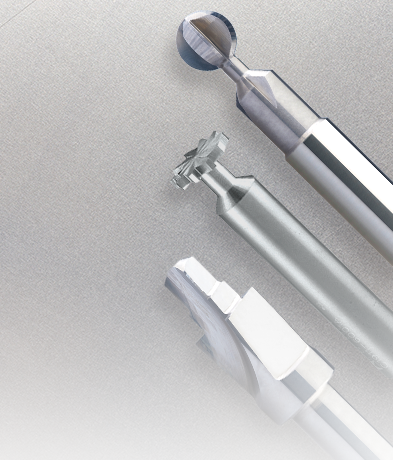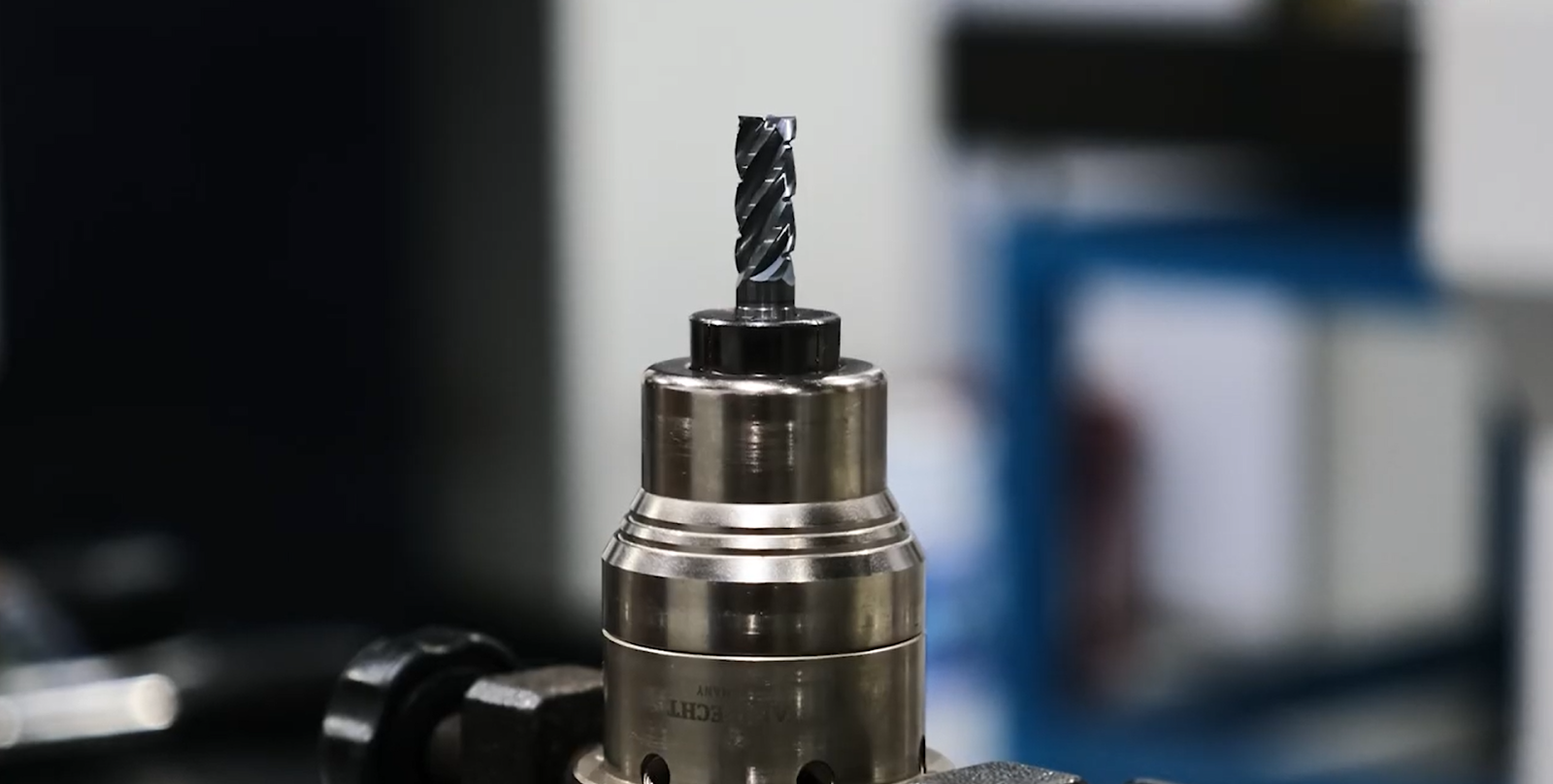
Trochoidal milling is a powerful machining strategy designed to maximize material removal while minimizing tool load and heat generation. It is particularly effective for stainless steel, titanium, and other tough alloys up to 45 HRC, which are widely used in aerospace, energy, Die & Mold, and general engineering indus

High-speed machining of aluminium and other non-ferrous materials is a cornerstone in industries like aerospace, automotive, and energy. Despite being softer than steel, aluminium can present significant challenges: chip accumulation, heat buildup, and tool wear, all of which can reduce productivity and compromise part
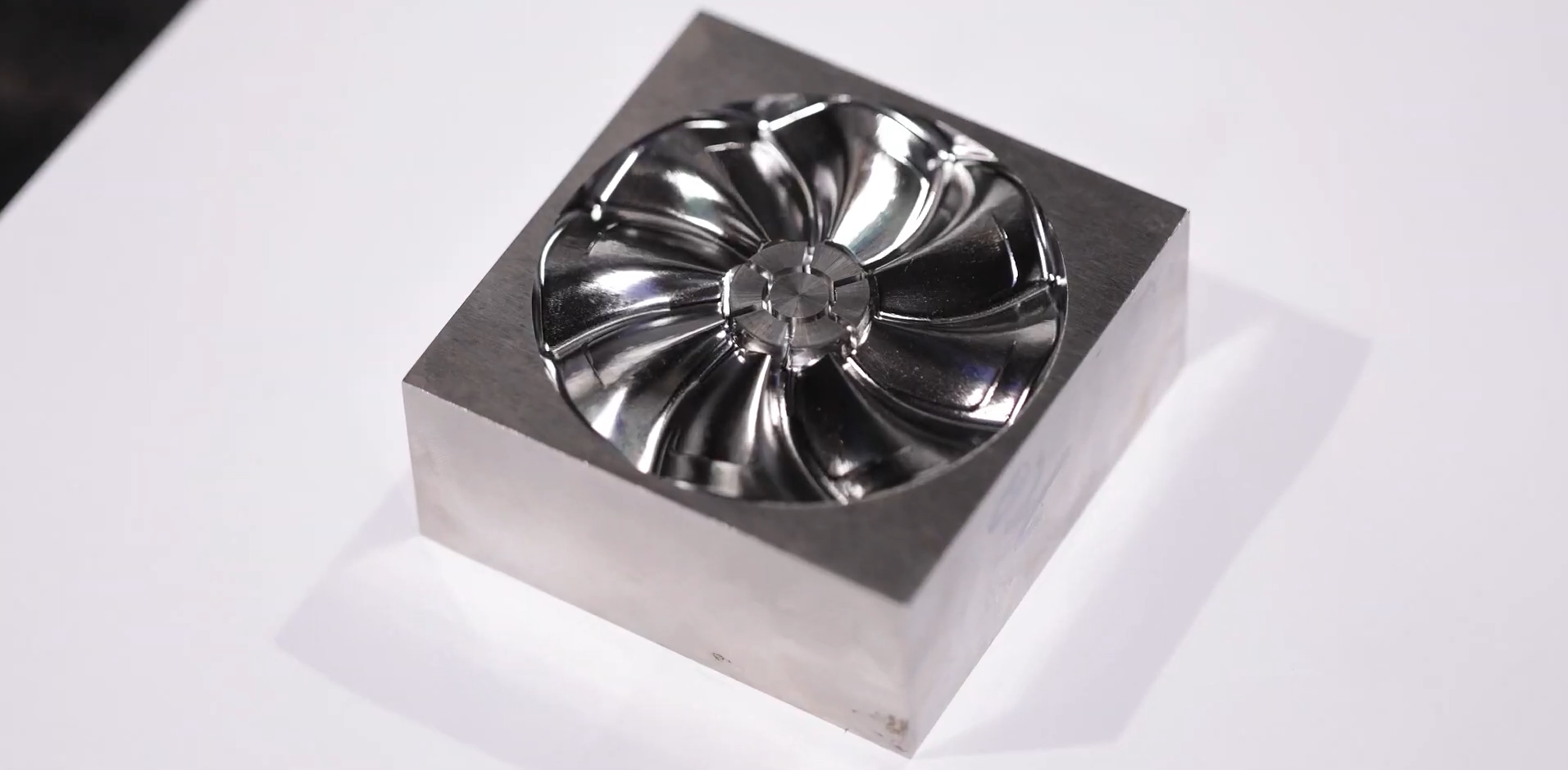
In Die & Mold machining, hardened materials are both a necessity and a challenge. Steels with hardness levels between 50 and 70 HRC push cutting tools to their limits, generating heat, wear, and unpredictable outcomes. If your tools can’t keep up, you lose more than productivity — you lose precision, surface quality, a
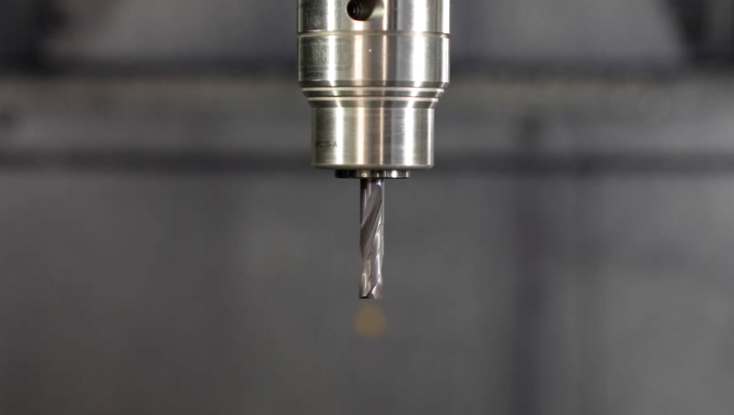
Drilling is a fundamental process in machining, but choosing the right drill type can significantly impact efficiency, precision, and overall production costs. Flat Drills — such as HPMT’s Flat Drill W15 — offer specialized advantages for machining flat-bottomed holes with higher accuracy and reduced secondary operations.
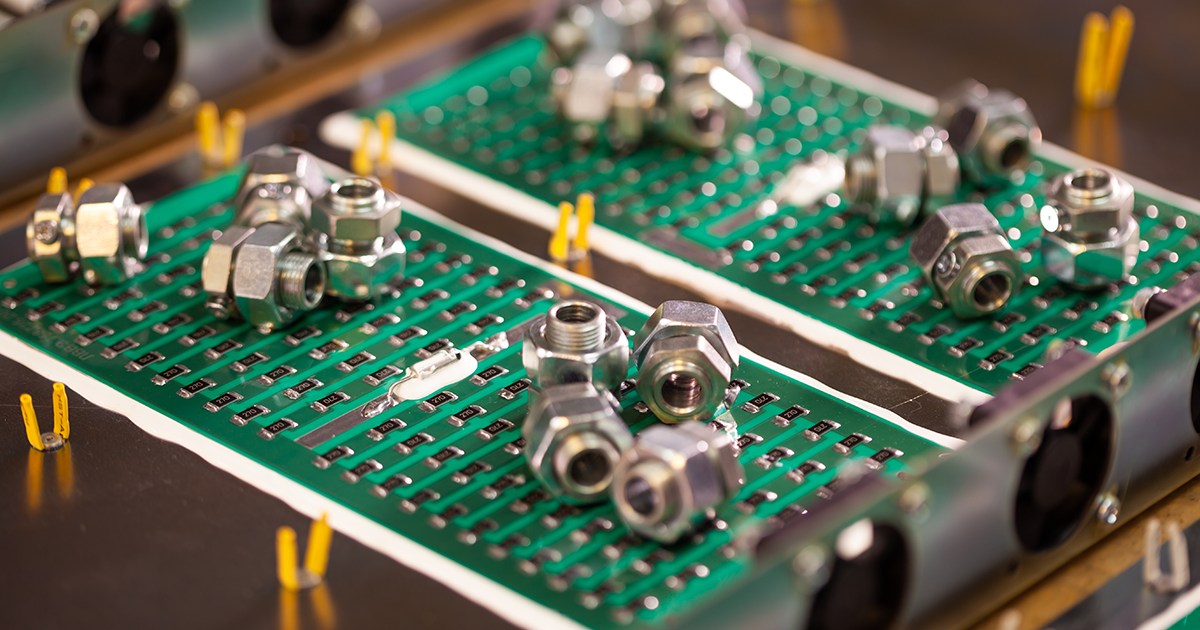
Balancing productivity, tool life, and cost efficiency is a constant challenge, and when one falters, the entire operation feels the impact. In the fast-paced world of semiconductor manufacturing, precision isn't just important—it's everything. Recently, a customer in the semiconductor industry approached us with a pressing problem: their tools were wearing out too quickly. This led to frequent tool replacements, extended downtime, and soaring operational costs. For a company driven by precision and efficiency, this was a roadblock that couldn’t be ignored.
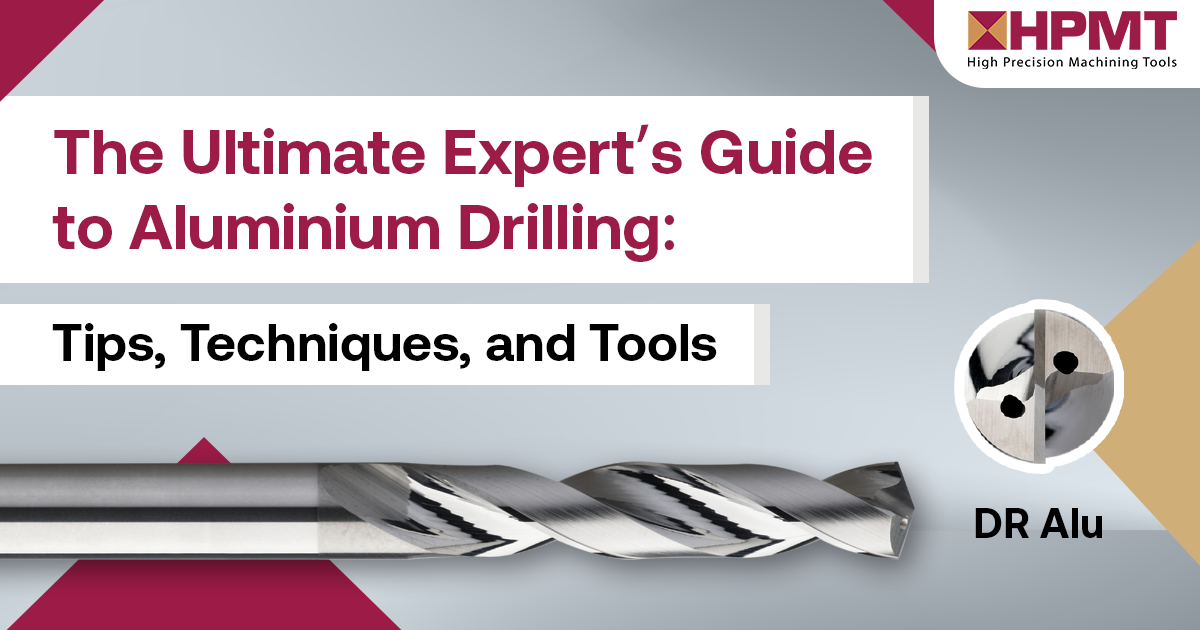
Aluminium is a versatile and widely used material in machining, due to its lightweight yet durable properties. From the aerospace to automotive sectors, mastering the precision drilling of aluminium is paramount for achieving superior end products. In this comprehensive guide, we will explore the tips, techniques, and tools necessary to master the art of aluminium drilling. When it comes to drilling aluminium, using the right tools is crucial. Aluminium has unique characteristics that require specific machining tools designed for this material. Using improper tools can lead to poor results, including rough edges, burrs, and even damage to the material itself. To ensure the best outcome, it is essential to invest in high-quality machining tools specifically designed for aluminium drilling.
